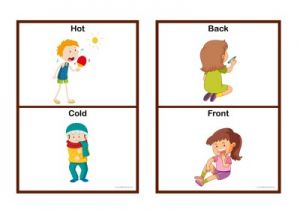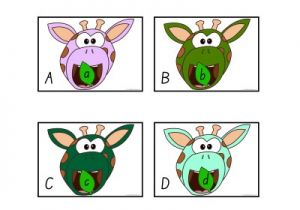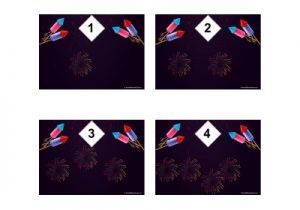

Attachment theory is a key concept in developmental psychology that examines the importance of early relationships between children and their Educators.The following article provides information on What Is Attachment Theory, Key Aspects of Attachment Theory, Significance of Strong, Secure Attachments, Practical Strategies For Attachment Theory, How Lack Of Attachment Can Impact On Development and more.
Erik Erikson’s theory of psychosocial development is a great framework for designing activities that support children’s growth at different stages. The following article provides Activities That Link To Child Theorist Erik Erikson and Linking Eriksons Theory To The EYLF.
Jean Piaget’s theory of cognitive development is a great framework for designing activities that support young children’s learning. The following article provides activity ideas for the Sensorimotor Stage and Preoperational Stage.
Waldorf education is a unique and holistic approach to child development, founded by Rudolf Steiner in 1919. The following article provides a Guide To Waldorf Education, The Waldorf Environment, How To Set Up The Environment According To Waldorf, The Waldorf Curriculum, Teaching Methods and more.
The following posters of 11 popular child theorists provides a brief description of their theory and how their theories are implemented into practice within the early childhood environment. These posters are great to use as a display within the service or as a reminder for Educators on the different types of child developmental theories which they can refer to and use within their documentation.
John Dewey is often seen as the proponent of learning by doing – rather than learning by passively receiving. He believed that each child was active, inquisitive and wanted to explore. He believed that children need to interact with other people, and work both alone and cooperatively with their peers and adults. The following provides information about John Dewey, Definition Of The Curriculum, Main Features Of Dewy's Theory of Education, Progressive Education and Dewey's Theories In Practice.

The Opposites Posters enable children to learn the concept of opposites. Opposites are pairs of...
View Worksheet...
The Feed The Giraffe Letters is an alphabet activity that enables children to recognise lowercase...
View Worksheet...
Fireworks Counting enables children to recognise the number on the night background and add the...
View Worksheet...© 2009-2025 Aussie Childcare Network Pty Ltd. All Rights Reserved.
